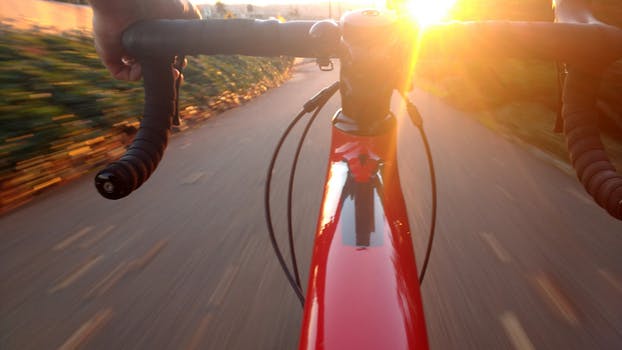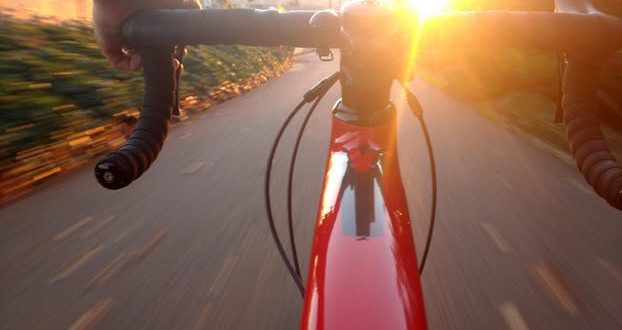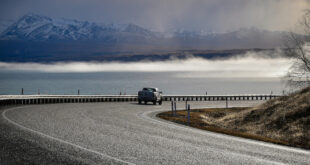Getting a flat is a drag; not only does it take time to get back on the road but at speed, or in traffic, it can be very dangerous.
Snake Bite/Pinch Flat
The most avoidable flat is the snake bite or pinch flat. It’s caused by not having enough air in the tyre or by hitting a pot hole with insufficient PSI. In both situations, the tyre is deformed causing the sidewall of the rim to pinch the tube while inside the tyre. The compression of the tube between the road and rim causes two little holes to form.
Road Debris
 Road debris is a tyre hazard. It’s not where in the country you ride, but where on the road. Rain and traffic push debris to the side of the road. If you choose to ride in the gutter or inches from the curb you increase your chances of flatting. Think of your tyre as a magnet for debris, its soft compound will attract a lot of unwanted pieces of glass and metal. No matter how good the tyre, avoiding the road debris is the best way to avoid flatting.
Road debris is a tyre hazard. It’s not where in the country you ride, but where on the road. Rain and traffic push debris to the side of the road. If you choose to ride in the gutter or inches from the curb you increase your chances of flatting. Think of your tyre as a magnet for debris, its soft compound will attract a lot of unwanted pieces of glass and metal. No matter how good the tyre, avoiding the road debris is the best way to avoid flatting.
With a little confidence, you can ride at the edge of the lane where the road meets the gutter. You’ll avoid the debris and have extra room to avoid unforeseen problems. Of course, you should not avoid the gutter in the case of an emergency manoeuvre but keep it there for just that. It’s the gutter; it’s no place to be riding.
After Your Ride
An ounce of prevention goes a long way – inspect your tyres every time you put your bike away after a ride. Look for pieces of debris that might be stuck to your tyre but have yet to make it into your tube. Ensuring there is enough rubber on your tyre and no debris stuck in it will decrease the chances of a flat on your next adventure.
By taking care before, during and after your ride you will greatly reduce your chances of flatting. As with so many things, being prepared goes a long way. So don’t leave home without a tube, even the most careful cyclist will flat. As they say “It’s not if, but when.”
As all our suggestions, these are recommendations or guidelines to follow. You must use your best judgment at the time to determine how and where you ride. Cycling in a dangerous activity, use caution.
Article by Arthur Pens









Join the Discussion
Type out your comment here:
You must be logged in to post a comment.